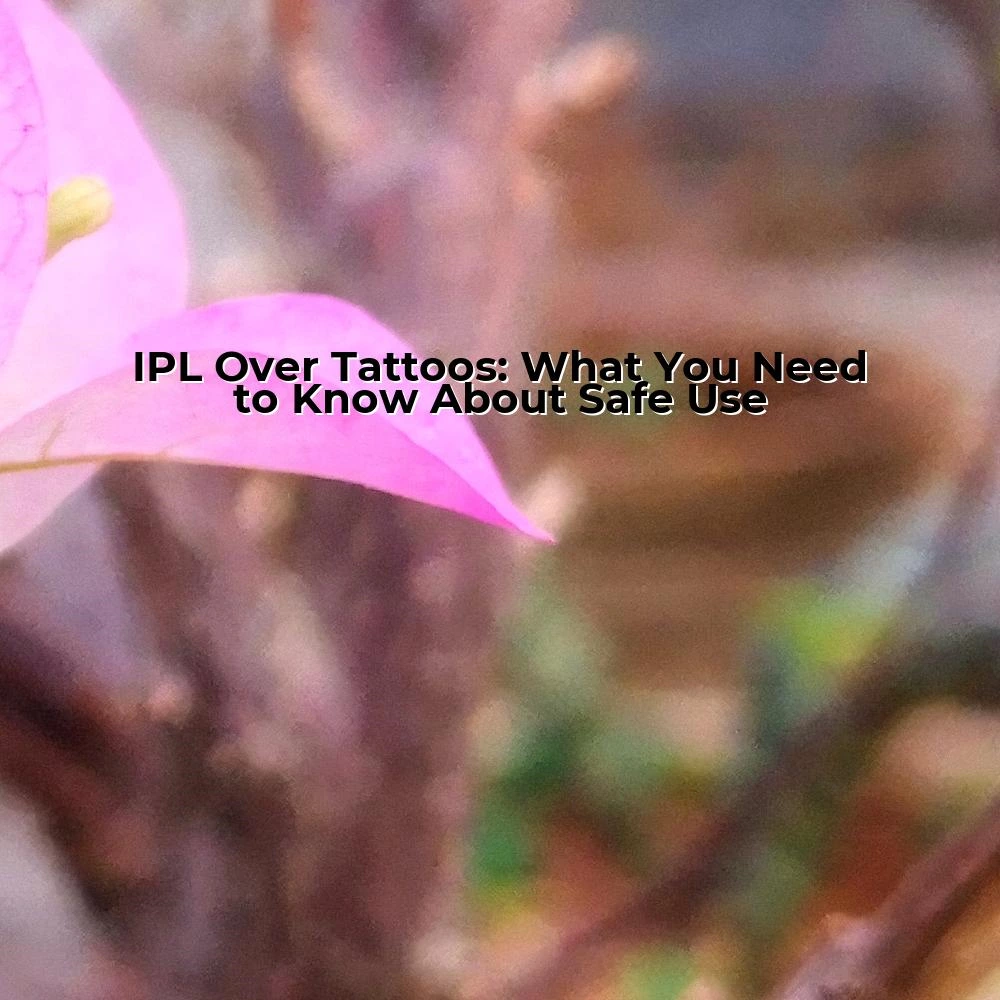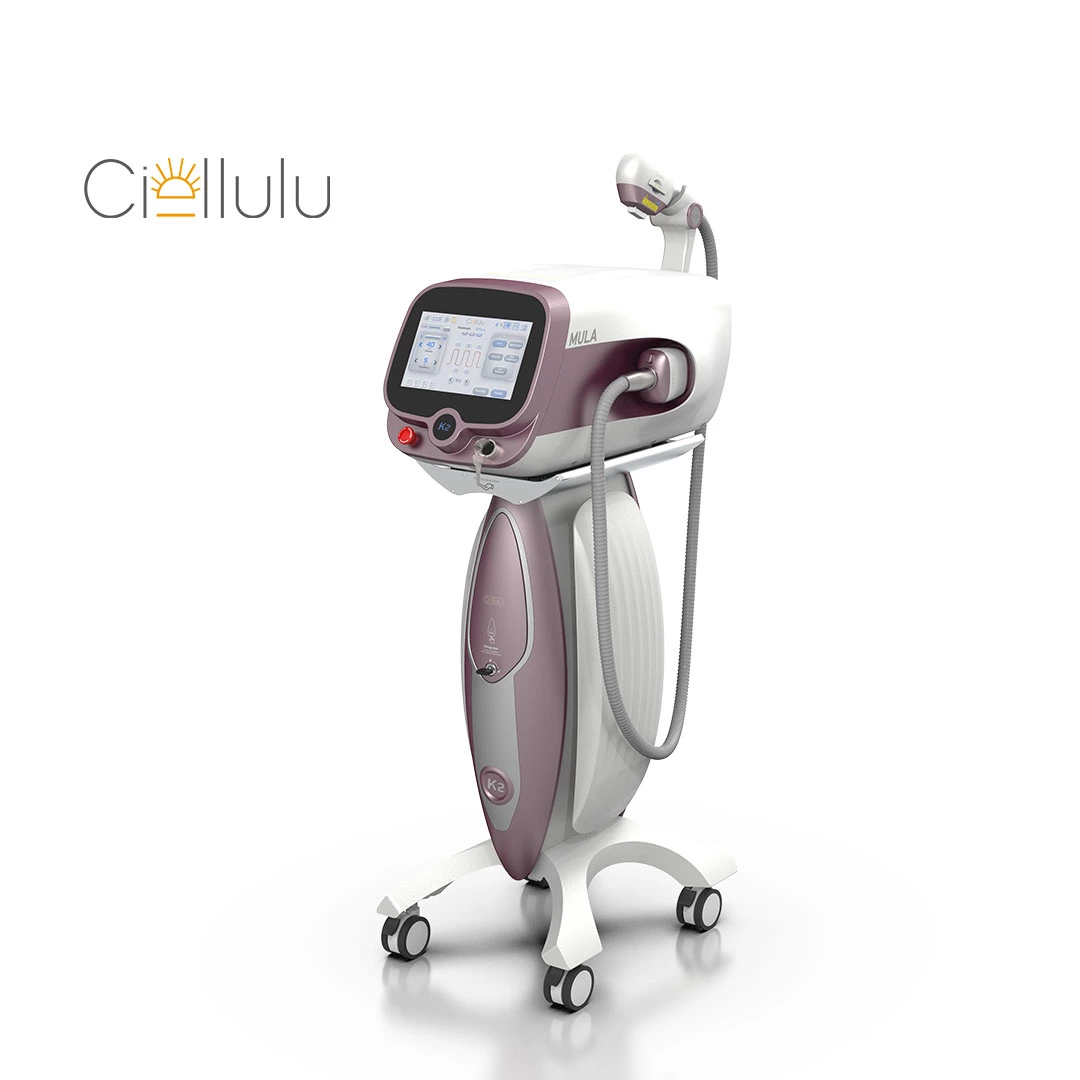IPL Over Tattoos
| Visit:103

IPL Over Tattoos
As medical professionals, your patients may ask you questions regarding Intense Pulsed Light (IPL) therapy over tattoos. This article seeks to provide you with an official perspective on the subject and help you in providing sound advice to your patients.
IPL therapy generates multiple wavelengths of light to heat and destroy targeted cells. The IPL device delivers a broad spectrum of light that ablates various cells and tissues. Its potential use over tattoos, however, could pose certain risks.
The concern regarding IPL use over tattoos arises from the nature of tattoo pigments. These pigments absorb light and convert it into heat. So, when IPL is applied over a tattoo, the absorbed light may cause the pigment to heat up drastically, leading to burns or blistering. Hence, it is generally advised to avoid IPL treatment directly over tattoos.
A significant problem related to IPL over tattoos is the possible changes in color of the tattoo. The intense heat can lead to the breaking down of tattoo pigments, and as a result, altering or fading of the tattoo’s color. Patients seeking IPL treatment should be informed of the potential risk of tattoo discoloration.
Secondly, uneven heating due to IPL can lead to thermal injury. Thermal injury can result in burns, pain, and even permanent damage. It is crucial to properly manage the settings of the IPL device to reduce these risks. Still, the safest course of action would be to avoid treating tattooed areas altogether.
Moreover, additional implications consist of increased pain during treatment and undesired cosmetic results. The heat generated during IPL treatment over a tattooed area may be more painful than treating non-tattooed skin. The altered tattoo appearance post-treatment may also be aesthetically displeasing to the patient.
Despite these risks, some clinical trials have shown that IPL could be effective in tattoo removal, particularly if the tattoo is composed of black or blue ink. However, care must be taken to monitor the reaction of the skin and the tattoo to the treatment. It is important that healthcare providers oversee the procedure, taking into account each individual’s skin type, tattoo color, and overall health status.
In conclusion, it’s critical for medical professionals to understand the implications of IPL over tattoos to offer accurate advice to their patients. While it may not be entirely contraindicated, IPL should be used with caution on tattooed skin due to the potential risks. Patients should be informed about the possible outcomes, including color changes, thermal injury, increased pain, and unsatisfactory cosmetic results.
Continual research is being conducted in this area to make IPL treatment safer and more effective. In this respect, the website https://www.ciellulu.net/ provides an abundance of information on IPL safety matters and could prove to be an invaluable resource for professionals in the field.
Therefore, while navigating the IPL treatment process with your patients, keep these considerations in mind, and ensure that you stay updated with the latest research and guidelines concerning IPL use over tattoos, for the best and safest results.
Disclaimer: The information in this article is intended for educational purposes, and it's crucial to discuss specific cases with a board-certified dermatologist or other qualified medical professional before making treatment decisions.
Source: IPL Over Tattoos




 Ciellulu Laser - Facial Machine Supplier
Ciellulu Laser - Facial Machine Supplier

